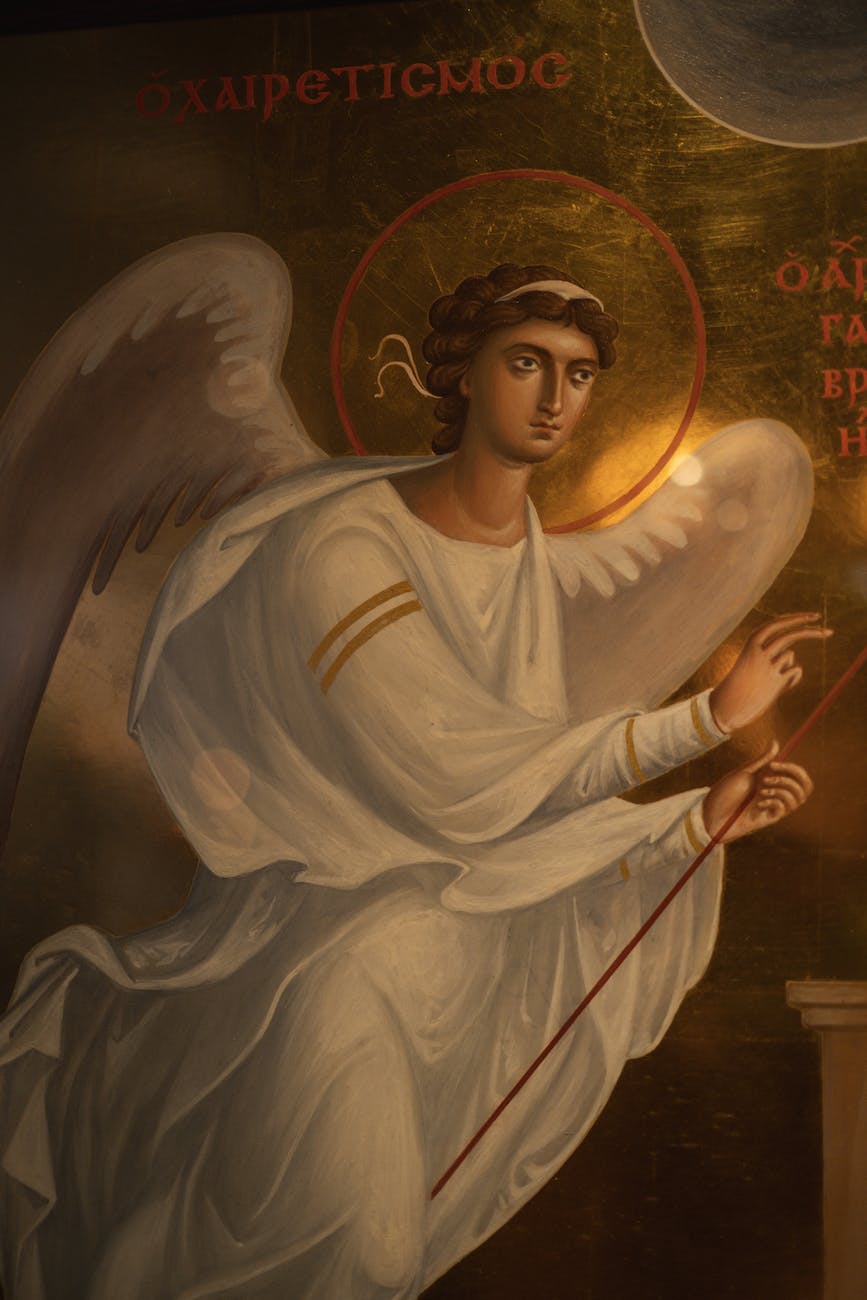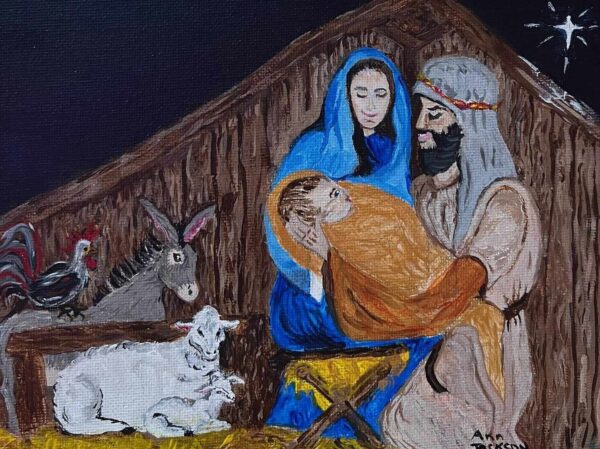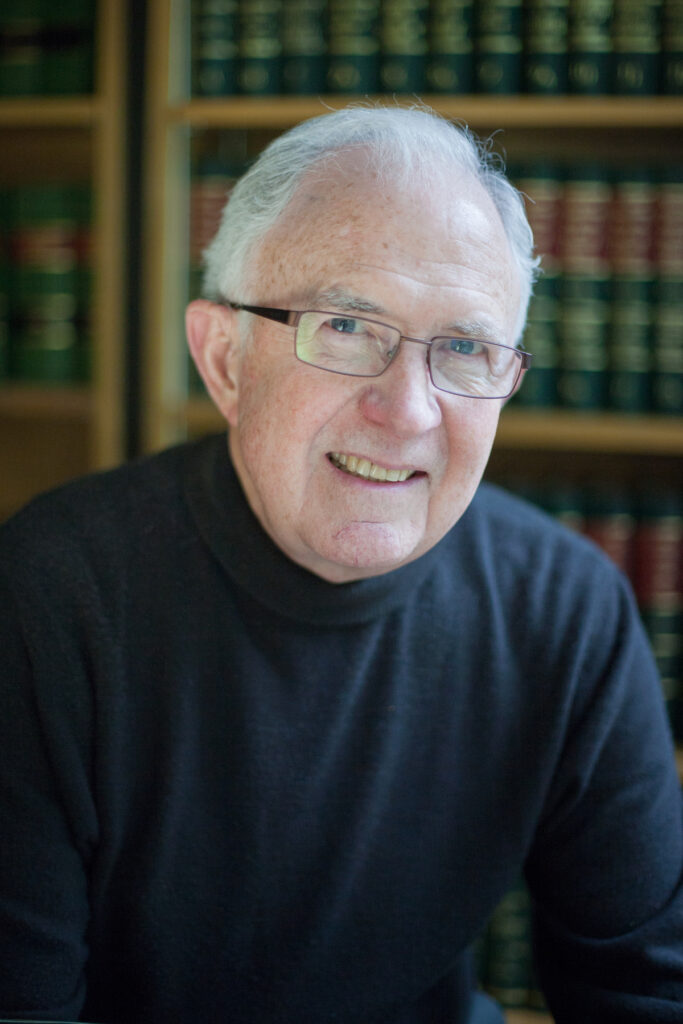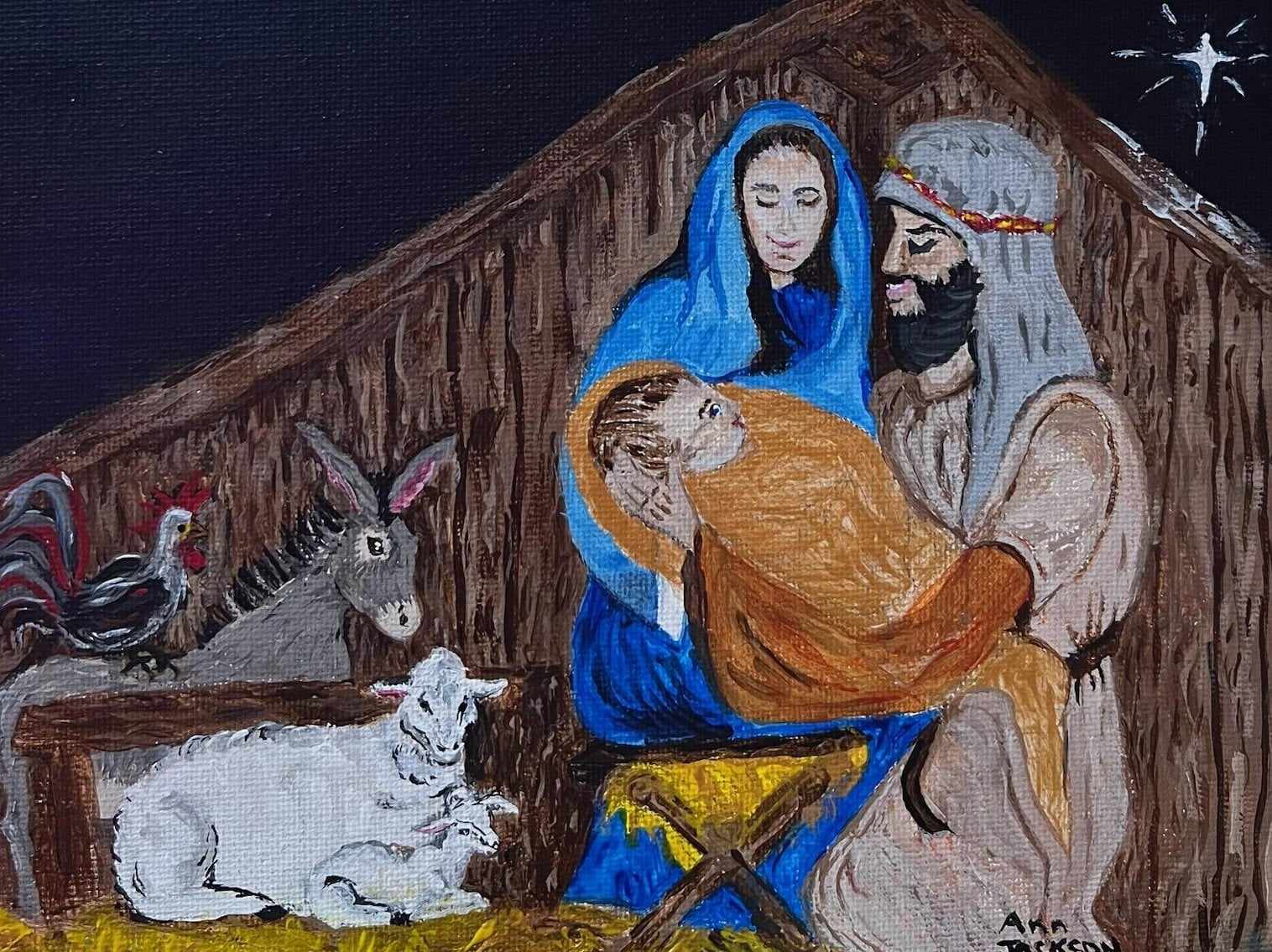A paradox is a contradiction of what seems to be one way but in reality, is something else. The Christian philosopher C.S. Lewis explained that when people encounter what leads to a controversy or rejection by the words or actions of another person, usually the offending person’s words or behavior (the excuse) for their conduct is usually in fact better than the offended person assumes it was. On the other hand, the offended person’s excuse for their conduct or reaction is usually worse than they thought it was. I have come up with the label to describe this phenomenon as the “excuse paradox”. As an example, on occasion have you been driving on a crowded freeway and another driver suddenly pulls out in front of you, causing you to brake or take other evasive action?

Isn’t it usual that your immediate feeling is “how rude or careless is that other driver?” However, if you knew all the facts and were able to see the reason for their conduct, such as a child or animal darting out in front of them or some other driver in front of them caused the offending driver’s evasive maneuver, you would probably have a different reaction.
So, what does the “excuse paradox” have to do with the Christmas story in the Bible? We know from Matthew’s Gospel that Mary and Joseph were committed to each other before their marriage. Under Jewish law at the time, a couple intending to marry entered what was called a betrothal, usually one year before their official marriage. They lived apart, and if they followed the law they would not engage in sexual activity for that entire year. Doing so, if exposed, would bring the condemnation of their fellow citizens and a divorce, as we call it, was needed to officially end their betrothal.
Mary, the eventual mother of Jesus lived in Nazareth while betrothed to Joseph. Mary, also a virgin, becomes pregnant with a child who will become the baby Jesus. As her pregnancy develops it would have become impossible to hide its status in her body from neighbors and anyone who typically would know and see her in their daily lives.

According to the Gospel accounts, the angel Gabriel visited Mary in Nazareth. He tells her she will conceive in her womb and give birth to a son, and she should name him Jesus, who, according to Gabriel “will be called the Son of the Most High God and receive the throne of David and will reign there forever.” Mary professes her virginity and tells Gabriel she has had no intimacy with any man, not even her betrothed Joseph. He tells her that her relative Elizabeth has conceived a son in her old age and had previously been called barren “for with God nothing shall be impossible and no word from God shall be without power or impossible of fulfillment.” (Luke 1:37 Amplified Bible).
Mary then confesses her servanthood and agrees it will be done according to the angel Gabriel’s reported word of God and reports her acceptance from her understanding many of the prophecies of Scripture. (Luke 1:46-56)
Mary then visits her relative Elizabeth at the home of Zacharias and was greeted by Elizabeth who was pregnant with her son who was to be John the Baptist. After a conversation with Mary about her own pregnancy brought about by God as reported to her by the Angel Gabriel, Elizabeth’s baby in her womb “leaped”. Elizabeth tells Mary that she is blessed by this report and tells Mary: “blessed above all women are you and blessed is the fruit of your womb” (Luke 1:41-42)! Mary stays with Elizabeth for three months, because Elizabeth was six months pregnant, and her baby’s birth was due then.
Meanwhile Joseph, a legal descendant of King David and a just and righteous man learned somehow of Mary’s pregnancy and planned to divorce her from the betrothal contract and send her quietly away. (Matthew 1:19) However, before Joseph can accomplish this, Joseph is visited in a dream by an angel who tells him Mary has conceived a child only by the Holy Spirit, not a man (Matthew 1:20) and they are to give the child when born the name Jesus, which in Hebrew meant “Jehovah is salvation”. Also, the prophet Isaiah had foretold this very event, although Joseph’s name was not specifically mentioned in that prophecy. So then Joseph, a God believing Jewish man, obeyed the angel’s report in his dream and took Mary into his house as his wife. (Matthew 1:24) However, he had no sexual relations with her until she had borne that Child…Then they obediently gave Him the name Jesus.
Now, back to my “excuse paradox” principle to understand what probably happened. It is not hard to imagine how Mary must have been treated by those who knew her and were close enough physically to observe that her abdomen was growing. They would assume as a common perception sense that she was pregnant while still betrothed to Joseph but not married. Most would probably not be close enough for Mary and Joseph to explain what the angel had told them about how the child to be was conceived. I can easily imagine how a neighbor would either avoid her or even be bold enough to ridicule or condemn to others her sinful conduct, just like Joseph thought before his angelic revealed dream. Mary would have had a perfect excuse to explain, if asked, though probably would never have been asked, as to how she was lawful and faithful to her betrothal obligations. As a consequence, this neighbor would have been morally offended that she would do that so probably never asked her and just avoided her.

In truth, if all the facts had been known, her justification or excuse was better than the offended neighbor thought and their avoidance and probably gossip about this was in reality worse than they thought it was, hence a perfect example of the “excuse paradox”. This is my hypothetical example of the excuse paradox for you the reader as we think about all that happened at Christmas.
On a personal testimony, after I conceived of this excuse paradox paradigm, it made my reaction to traffic conditions more understandable and peace yielding by always looking for the offending driver’s reasons for their conduct. My stress during congested driving conditions was dramatically reduced. It also applies in a crowded store environment such as at Costco where the other customers are preoccupied or distracted from what is immediately ahead of them in the aisles because they are concentrating or preoccupied or even distracted with looking for their items to purchase and may unintentionally bump into your shopping cart with theirs. I have found that to keep the “excuse paradox” in mind in daily life encounters with others is peace yielding and especially during Christmas shopping in crowded stores like Costco or trying to find a parking space in a terribly over-crowded lot.
Merry Christmas and a peaceful life is wished for you all.
John E. Woodbery

John Woodbery Author. A retired lawyer, John writes novels, short stories, poetry, commentaries on legal subjects, even a song (!). Find his suspense novels on Amazon: Hidden, Earl’s Retreat, Two Tombs Covers.

Leave a Reply